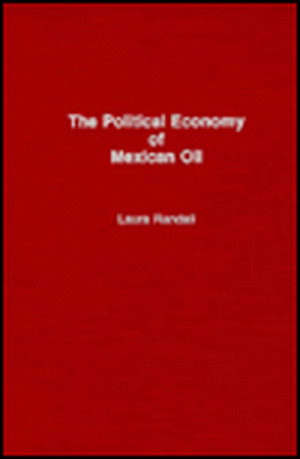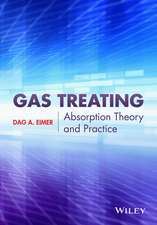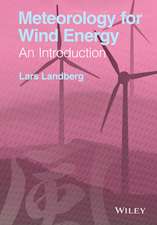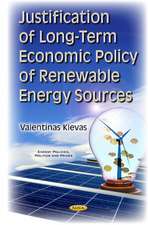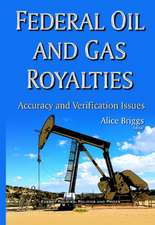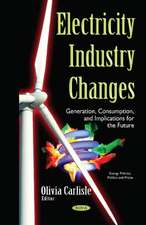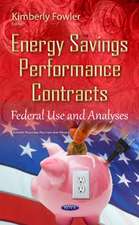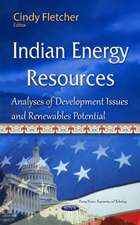The Political Economy of Mexican Oil
Autor Laura Randallen Limba Engleză Hardback – 30 noi 1989
This work follows upon the author's previous volume, "The Political Economy of Venezuelan Oil," and investigates the general workings of the Mexican oil industry in relationship to the economics and politics of Mexico. Specifically the author examines Mexico's state-run oil concern, PEMEX, and the costs and benefits of Mexican oil policy--for the nation as a whole and for special groups. Using in-depth interviews and extensive data from PEMEX and other sources, Randall explores issues such as PEMEX's relationships with workers and the oil union, with suppliers of capital goods and services, with the regions in which oil is produced, and with specific groups of oil consumers. Given the critical and negative publicity PEMEX has received over its lifetime, Randall also seeks to answer questions regarding the extent of corruption, overstaffing, and lax management within PEMEX, which she finds to be less than is often alleged. Students of energy and development economics will find Randall's study an important contribution to the literature of Latin American economic policy.
In addition to examining the internal workings of PEMEX, Randall describes and analyzes measures taken to correct earlier abuses and to increase efficiency. She reveals the intricate relationships among Mexican oil production, OPEC, the United States, and other nations, and explores the contradictory aspects of Mexican economic and oil policies that inhibit the ability of the oil industry to reach official goals. Throughout, Randall traces the transformation of PEMEX from a nationalized industry that mainly produced crude oil for export to one that has expanded to include refined products and petrochemicals. As a result of this expansion, Randall demonstrates, PEMEX has had a major impact both on the market for labor and capital goods and on the regions in which it operates. Her conclusions regarding the current and future prospects for PEMEX have important implications for the study of economic and energy development throughout the Third World.
Preț: 462.61 lei
Preț vechi: 708.12 lei
-35% Nou
88.53€ • 92.09$ • 73.09£
Carte tipărită la comandă
Livrare economică 15-29 aprilie
Specificații
ISBN-10: 0275933725
Pagini: 238
Dimensiuni: 164 x 244 x 24 mm
Greutate: 0.55 kg
Editura: Praeger
Descriere
Cuprins
Introduction
The Efficiency of Pemex
Pricing and Subsidies
Promotion of Mexican Manufacturing and Engineering
The Union
Planning
Oil and the Economy
Conclusion
Bibliography
Index
Notă biografică
LAURA RANDALL is Professor of Economics at Hunter College. Her previous works include The Political Economy of Venezuelan Oil (Praeger, 1987).
